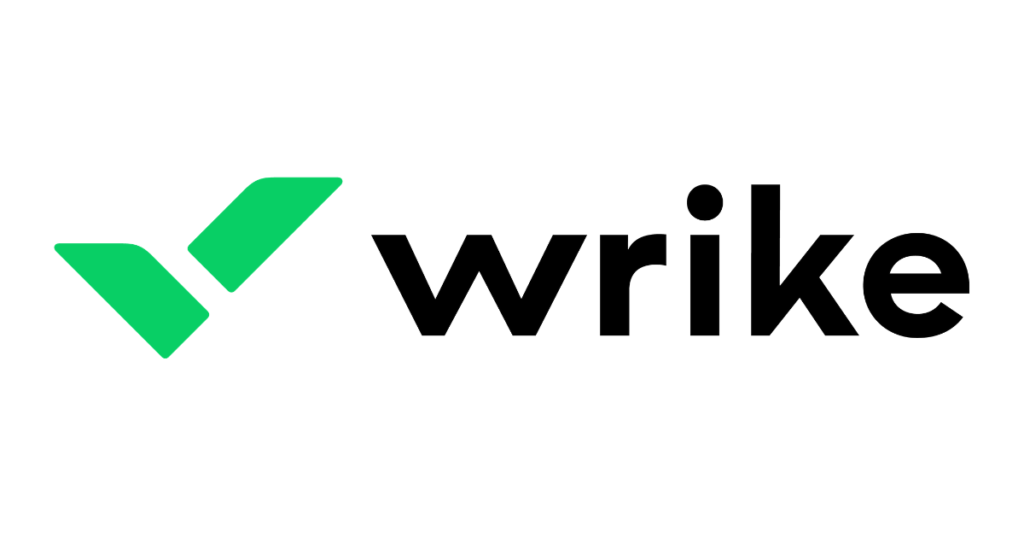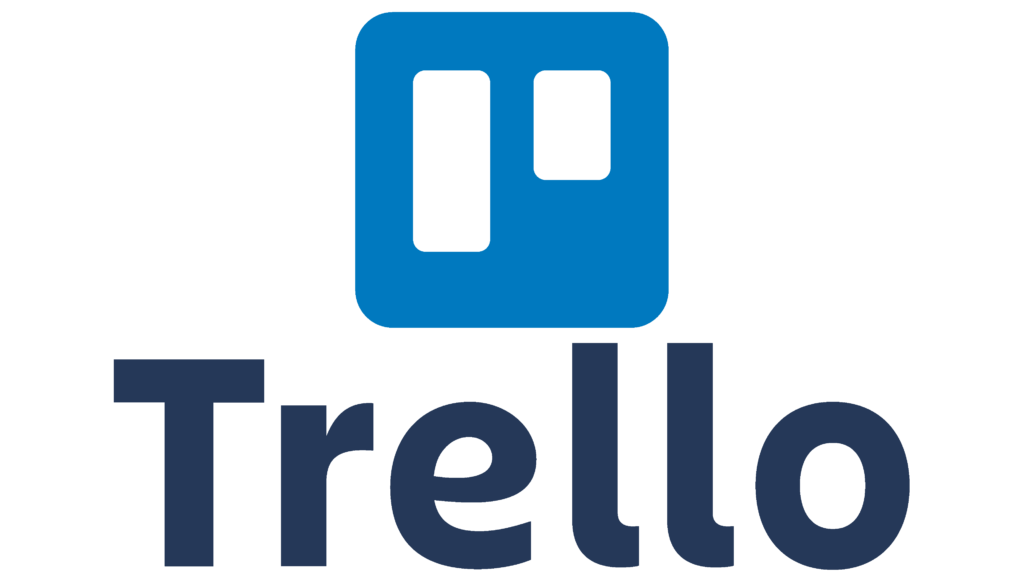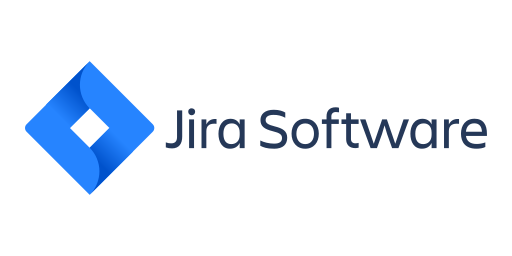In the ever-evolving domain of project management, Microsoft Jira has undeniably established itself as a powerhouse, renowned for its robust features and comprehensive capabilities. However, for those yearning for a new vantage point, the exploration of microsoft jira alternatives can reveal hidden gems that may align more precisely with the unique needs and dynamics of your team. This journey into the world of Microsoft Jira alternatives goes beyond the familiar, delving into the intricacies of each option, uncovering not only their distinctive features but also shedding light on potential limitations and the distinguishing factors that set them apart in the competitive landscape of project management tools.
Understanding Microsoft Jira: Features and Limitations

Embarking on a comprehensive exploration of Microsoft Jira, it becomes apparent that this project management tool is a multifaceted entity, distinguished by its unique features and inherent limitations. This journey into understanding Microsoft Jira aims to unravel the intricacies that define its functionality, providing valuable insights for those seeking clarity in the diverse landscape of project management tools.
Features:
- Advanced Project Tracking: Microsoft Jira stands out with its robust project tracking capabilities, providing a comprehensive overview of tasks, timelines, and milestones.
- Seamless Integration: One of its key strengths lies in seamless integration with various Microsoft applications, fostering a cohesive workflow within the Microsoft ecosystem.
- Customization Options: Microsoft Jira offers extensive customization, allowing teams to tailor the platform to their specific project management needs and preferences.
- Collaboration Excellence: The platform excels in fostering collaboration, providing tools for effective communication and teamwork within project teams.
- Powerful Analytics: With advanced reporting and analytics features, Microsoft Jira enables teams to derive valuable insights for project evaluation and continuous improvement.
Limitations:
- Steep Learning Curve: Some users find Microsoft Jira’s learning curve to be steep, potentially hindering quick adoption, particularly for teams unfamiliar with complex project management tools.
- High Licensing Costs: The licensing costs associated with Microsoft Jira can be prohibitive for smaller teams or startups, posing budgetary challenges.
- Overwhelming Customization: While customization is a strength, it can also be a limitation for teams looking for a more straightforward and ready-to-use solution without the need for extensive configuration.
- Focus on Microsoft Ecosystem: The platform’s deep integration with the Microsoft ecosystem may limit its appeal for teams using a diverse range of software outside the Microsoft suite.
- Resource Intensiveness: Operating Microsoft Jira at its full capacity might require significant resources, potentially affecting the performance on less powerful hardware configurations
What Sets Microsoft Jira Apart?
Integration Excellence
One standout feature of Microsoft Jira is its seamless integration with Microsoft’s suite of products. This integration ensures a smooth workflow for teams already embedded in the Microsoft ecosystem.
Customization Mastery
Microsoft Jira allows for extensive customization, catering to diverse project needs. However, this level of customization might be more than what some teams require or desire.
Why Consider a Microsoft Jira Alternative?

In contemplating the exploration of alternatives to Microsoft Jira, understanding the compelling reasons to consider such microsoft jira alternatives sets the stage for a strategic and tailored approach to project management tool selection.
1. Budgetary Considerations
In today’s dynamic business landscape, financial considerations play a pivotal role in decision-making. Microsoft Jira, while undeniably powerful, comes with a price tag that might pose challenges for smaller teams or startups operating within constrained budgets. Exploring microsoft jira alternatives becomes imperative to find a solution that strikes a balance between functionality and affordability. Look for options that offer robust project management capabilities without the hefty licensing costs, ensuring that your team’s financial resources are optimized without compromising on essential features.
2. Simplified User Experience
The learning curve associated with Microsoft Jira can be a roadblock for teams seeking a more straightforward approach to project management. In a fast-paced work environment, a user-friendly interface becomes crucial for seamless adoption and increased productivity. Exploring microsoft jira alternatives that prioritize simplicity and intuitiveness can lead to a smoother transition for your team. Look for platforms that prioritize user experience, making project management more accessible without sacrificing essential features.
3. Team-Specific Requirements
Every team is unique, with specific workflows, communication styles, and project management preferences. Microsoft Jira, with its extensive customization options, might offer more than what some teams actually need. Considering microsoft jira alternatives allows you to tailor the tools to your team’s specific requirements, ensuring that the chosen platform aligns seamlessly with your existing processes. Look for microsoft jira alternatives that provide a customizable yet streamlined experience, allowing your team to work more efficiently without unnecessary complexity.
4. Scalability Concerns
As your team grows, scalability becomes a critical factor in choosing the right project management tool. Microsoft Jira’s enterprise-grade scalability might be overkill for smaller teams, and its associated costs could become a hindrance. Exploring microsoft jira alternatives that offer scalability without compromising on functionality allows your team to adapt and expand organically. Look for platforms that can grow with your team, providing the flexibility needed for future projects and endeavors without being constrained by the limitations of a specific ecosystem.
Commonly Used Microsoft Jira Alternatives For Agile Project Management

Embarking on a detailed exploration of widely adopted Microsoft Jira alternatives for agile project management unveils a diverse landscape of tools, each with its unique strengths and considerations.
1. Trello
Trello, celebrated for its intuitive and user-friendly interface, operates on a card-based system that allows teams to organize and prioritize tasks effortlessly. This visual approach makes it particularly attractive for teams new to agile methodologies, promoting transparency and collaboration. However, it’s important to note that while Trello excels in simplicity, its features may be perceived as less comprehensive for larger, more complex projects when compared to the multifaceted capabilities of Microsoft Jira.
2. Asana
Asana’s standout feature lies in its intuitive collaboration tools, fostering seamless communication and teamwork within projects. The platform’s user-friendly interface simplifies project management, emphasizing clarity and task organization. Despite its strengths, teams seeking an all-encompassing suite of features might find Asana’s scope to be somewhat limited compared to the versatility offered by Microsoft Jira.
3. Monday.com
Monday.com distinguishes itself with its emphasis on visual workflows, providing teams with a clear and concise overview of complex project structures. This streamlined approach enhances project management efficiency. However, it’s essential to consider that Monday.com’s pricing structures may not align with the budget constraints of smaller teams, potentially impacting its feasibility for certain organizations.
4. ClickUp
ClickUp positions itself as an all-in-one solution, offering a comprehensive suite of tools that cater to a wide range of project management needs. Its versatility is a notable asset, but teams transitioning from simpler platforms might encounter a steeper learning curve. Nevertheless, the potential benefits of ClickUp’s extensive feature set make it a compelling option for those willing to invest the time in mastering its capabilities.
5. Wrike
Wrike sets itself apart with its advanced reporting capabilities, providing teams with in-depth analytics for project evaluation. This analytical focus can be a valuable asset for data-driven decision-making. However, organizations considering Wrike should be mindful of its pricing structure, which may pose challenges for scaling teams, requiring a careful evaluation of the platform’s cost-effectiveness against its analytical benefits.
6. ZenHub
Designed as a GitHub extension, ZenHub seamlessly integrates with development workflows, making it a preferred choice for teams focused on software development projects. Despite its excellence in this domain, it’s important to acknowledge that ZenHub’s feature set may not cover the breadth of requirements for non-development projects, making it essential to align the platform with the specific needs of the team.
7. Notion
Notion offers versatile collaboration beyond traditional project management, providing a collaborative space for teams to create, share, and organize content. Its expansive functionality extends to note-taking, documentation, and more. However, this versatility may surpass the needs of project-specific teams, potentially introducing unnecessary complexity. Teams considering Notion should carefully assess whether its wide-ranging capabilities align with their specific project management requirements.
8. Jira Align
Jira Align, an advanced version of Jira, targets enterprise-level scalability, making it suitable for large-scale projects with intricate structures. Its focus on alignment and scaling is particularly beneficial for organizations managing complex, enterprise-level initiatives. However, the costs associated with Jira Align may be prohibitive for smaller enterprises, requiring a thorough examination of budget considerations.
9. Airtable
Airtable’s unique blend of spreadsheet and database functionalities allows for highly customizable project tracking, offering a flexible and adaptable solution. However, teams unfamiliar with databases may find the initial learning curve challenging. While the customization potential of Airtable is a notable strength, its success in meeting project management needs depends on the team’s ability to leverage its database-like features effectively.
10. Smartsheet
Smartsheet’s grid-based interface provides a familiar spreadsheet feel, facilitating easy adoption for teams accustomed to traditional project tracking methods. Its simplicity is advantageous for straightforward project structures, but its effectiveness may diminish when dealing with more complex projects. Organizations considering Smartsheet should carefully evaluate whether its grid-based approach aligns with the intricacies of their specific projects, ensuring a seamless fit between the platform and the project’s complexity.
Factors To Consider While Choosing The Perfect Alternative to Microsoft Jira

As we delve into the critical considerations for selecting the idealmicrosoft jira alternative, a meticulous evaluation of key factors becomes paramount in navigating the diverse landscape of project management tools.
1. Scalability
Selecting the ideal microsoft jira alternative involves a comprehensive evaluation of scalability, anticipating and accommodating your team’s future growth. It’s crucial to choose a platform that can seamlessly expand alongside your team’s increasing project demands without imposing exorbitant costs or compromising essential functionality. The scalability of the chosen solution should align with your long-term goals, ensuring flexibility and adaptability as your projects evolve.
2. Collaboration Capabilities
Effective collaboration is the bedrock of successful project management. Assess how well each microsoft jira alternative fosters collaboration within your team. Look for a platform that seamlessly integrates with your team’s communication and workflow preferences, facilitating a cohesive and efficient work environment. An ideal microsoft jira alternative enhances collaboration, ensuring that team members can easily communicate, share updates, and work collaboratively toward project goals.
3. Learning Curve
Considering the ease of adoption is paramount to a smooth transition when seeking an microsoft jira alternative. Evaluate the learning curve associated with each platform, taking into account your team’s current skill set and the urgency of project deployment. Opting for a solution with a manageable learning curve ensures quicker adoption and minimizes disruptions to ongoing projects. An intuitive platform streamlines the onboarding process, allowing your team to harness the new tool’s capabilities swiftly.
4. Cost Considerations
Thoroughly scrutinize the pricing structures of potential microsoft jira alternatives, factoring in not only your current budget but also the potential future needs of your team. Striking a delicate balance between affordability and functionality is crucial. Choosing a cost-effective solution ensures that your team’s financial constraints are met without sacrificing critical features. A strategic approach to cost considerations guarantees a sustainable investment in your project management tool, aligning with your organization’s financial goals.
5. Integration Possibilities
Integration capabilities play a pivotal role in selecting the perfect microsoft jira alternative. Assess how well each platform aligns with your existing tech ecosystem. A seamless integration with your preferred tools and applications is essential for maintaining a cohesive workflow. Consider whether the microsoft jira alternative complements your current tech stack, minimizing friction in communication and data transfer. A well-integrated solution enhances efficiency, allowing your team to operate within a connected and streamlined project management environment.
Conclusion
In the dynamic landscape of project management tools, the journey of exploring Microsoft Jira alternatives unveils a spectrum of possibilities, each with its distinct strengths and considerations. As teams seek the perfect microsoft jira alternative, factors such as scalability, collaboration capabilities, learning curve, cost considerations, and integration possibilities come to the forefront. The decision-making process is nuanced, requiring a careful balance between functionality and practicality. By navigating these considerations with precision, teams can unearth a project management solution that not only aligns with their current needs but also paves the way for future growth and success. The quest for the ideal alternative is a strategic endeavor, and in this diverse realm, finding the perfect fit ensures a seamless and efficient project management experience tailored to the unique dynamics of each team.









